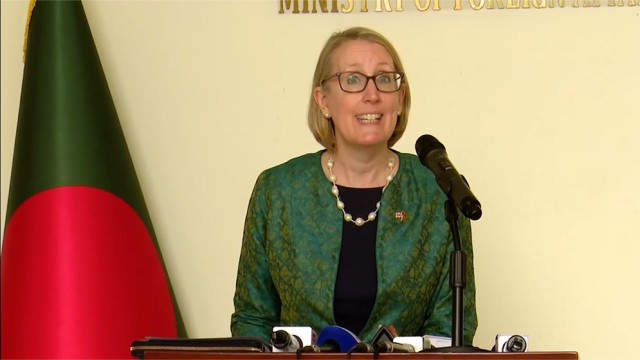A new report from the United Nations highlights that an estimated 19% of the food produced globally in 2022, equivalent to about 1.05 billion tonnes, was wasted. Published by the UN Environment Programme, the Food Waste Index Report aims to track progress towards halving food waste by 2030.
The report, co-authored by UNEP and the Waste and Resources Action Programme (WRAP), indicates a significant increase in the number of countries providing data for the index compared to the previous year. However, caution is advised against direct comparisons due to data limitations in earlier assessments.
Researchers analyzed data from households, food service establishments, and retailers, revealing that each person wastes approximately 79 kilograms of food annually, equivalent to over 1 billion meals wasted worldwide daily. Most of this waste, around 60%, occurs at the household level, followed by 28% from food service establishments and 12% from retailers.
The environmental impact of food waste is substantial, contributing to greenhouse gas emissions and exacerbating food insecurity. Food loss and waste account for 8 to 10 percent of global greenhouse gas emissions, ranking third globally after China and the US if considered as a separate entity.
Experts emphasize the importance of addressing food waste not only to conserve resources and mitigate environmental damage but also to enhance food security and alleviate poverty. Public-private partnerships and food redistribution initiatives, such as food banks and charities, play a crucial role in combating food waste and its associated challenges.
The report underscores the global nature of the food waste problem, emphasizing that it is not exclusive to wealthier nations. Efforts to reduce food waste require international cooperation and policy development, with a focus on collaboration between governments, businesses, and communities across the globe.































Comment: